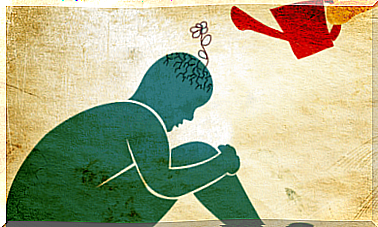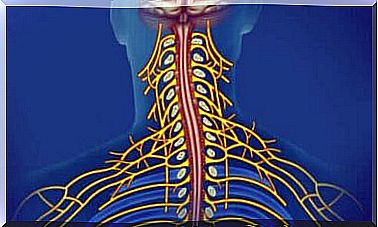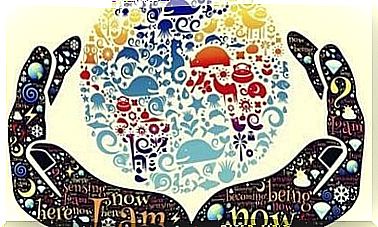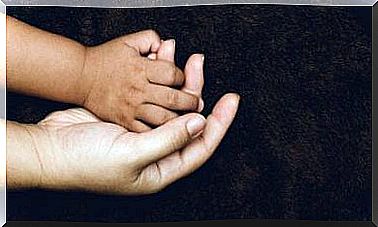What Is The Relationship Between Personality And Feelings?

We are all who we are, just as neither of us is the same person we used to be – that is for sure. But have you ever wondered to what point the way you are affects your feelings? Or whether you bring more positive or negative emotions into your life through your personality? How does our personality influence our emotional life?
When we are happy, we enjoy better mental health, subjectively feel better, and are happier with our lives. Find out with us whether your personality traits lead to you being happier or, on the contrary, to the fact that your life is dominated by negative emotions!
“Who I am? I’m just trying to find out. “
Jorge Luis Borges
The connection between our personality and our feelings
Why are positive emotions beneficial to us?
Positive emotions are the basis for feeling more positive than negative emotions in the long run. Pleasant emotions mean that we humans have a larger and richer repertoire of behaviors and are therefore better adapted than is the case with people who experience greater emotional discomfort. In addition, positivity promotes healthy lifestyle habits, which is why it is an excellent tool for preventing disease.
It also means that we are more satisfied with our lives. This satisfaction is based on each individual’s perception of the quantity and quality of the happiness they have experienced. But how important is that for our well-being? Very important! And not only on a psychological level, but also on a physical level: those who are satisfied with their life are healthier and, in fact, live longer.

Positivity is also beneficial for our hormonal balance and other aspects of our being, such as our physiology and our immune system. And that in turn is linked to greater satisfaction with our social relationships, both in terms of friendships and our partnership, and our work, our salary and other areas of life. Thus, ultimately, we have adequate coping strategies that are geared towards solving problems.
Personality and happiness
Numerous studies have been done on how personality traits affect the emotions that prevail in our lives. It was found that neuroticism is related to negative emotions, while extraversion is related to positive emotions. In other words, introverts tend to be negative and extroverts tend to be positive.
“Thoughts are the building blocks from which we build the building of our personality. Thoughts determine our fate. The world around us is the reflection of our own thoughts. “
Swami Sivananda
Let’s look at the different types of affective personalities. There are four in total:
- The first type describes self-building people who have many positive and few negative thoughts and emotions. This first personality type has, logically, a higher level of happiness or subjective well-being.
- In the second personality type, strong emotions can be seen on both sides. This includes people who experience intense moods, both in terms of positive and negative feelings. You are more likely to be happy than unhappy.
- The opposite is the third personality type, which only feels very weak emotions. Who is this typical for? For people who feel both positive and negative emotions, happiness and unhappiness only in low intensity.
- The least fortunate people belong to the self-destructive personality profile in terms of emotions. These people only have weak positive moods, but pronounced negative emotions. In view of this fact, it is easy to understand that their subjective feeling of well-being is only slightly pronounced.

Personality and resilience
The research also found that the self-building personality type scores high on extraversion and very low scores on neuroticism. These people were also found to have higher scores in view of another personality trait that we had not yet mentioned: the sense of responsibility.
“Sometimes faced with the bad behavior of others, you feel proud to be who you are and not to be the other.”
André Maurois
This personality profile is therefore not only associated with greater feelings of happiness, but also with greater resilience. Resilience is the ability to see difficulties as challenges that have to be overcome and from which one would like to emerge stronger, instead of looking at them like insurmountable walls or threats.
People who are unable to cope with problematic situations at all belong to the vulnerable or inactive personality profile. Or, which can be equated with the self-destructive personality type. Given this, it can be assumed that our personalities and general health are closely related. This nexus in turn influences different areas of life as well as our emotional state and everything that goes with it.
Images courtesy of Lesly B Juarez, Haley Phelps, and Brooke Cagle









